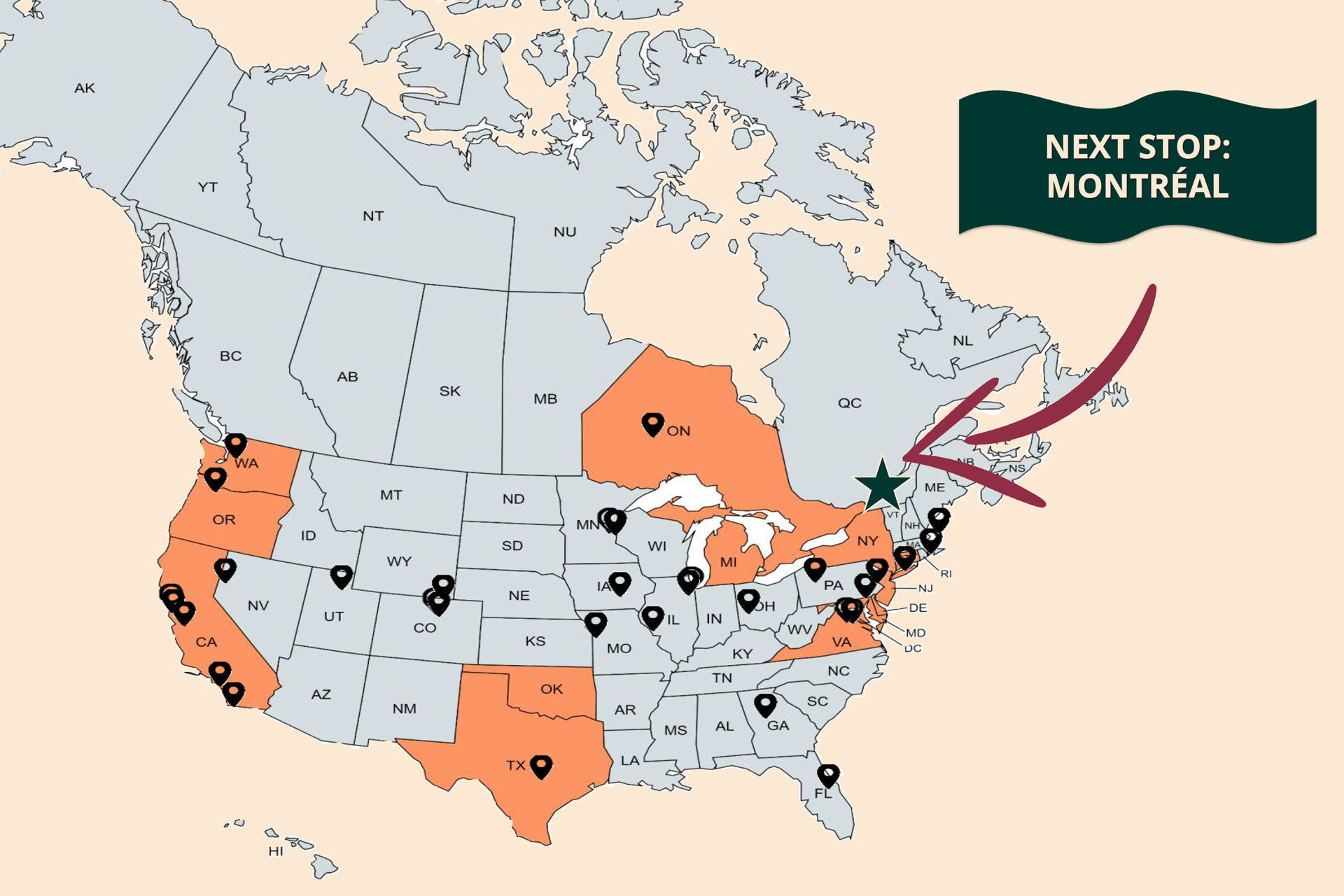Cities and open data
How can open city big data result in a better performance for urban infrastructure?
How to use open, unstructured data to distill knowledge useful for the design and operation of urban infrastructure systems. New tools are allowing engineers to involve end-user data in a project as it is being designed. This collective knowledge can generate innovative alternatives and help determine the best option well before any decisions have been made. Big data can also be useful when designing bridges, roads, bike lanes, public and transit routes for the betterment of citizens.
Partners
Municipality
- Ville de Montréal (Direction, technologies, architecture, innovation et sécurité)
- Marie-Odette St-Hilaire
University
- CIVI 691 – Big Data Analytics for Smart City Infrastructure (Building, Civil and Environmental Engineering)
- Mazdak Nik-Bakht (Professor)
Benchmark Montreal

The goal of our project is to analyze building energy consumption data across cities in North America and apply what we learned to buildings in Montreal. We identified several attributes associated with energy consumption and classified buildings as low, medium, or high energy use.
Access to this data allows researchers to engage with the city of Montreal to analyze energy consumption patterns and strategize for future effects of climate change. The availability of data can incentivize building owners to make changes and inform investment decisions and spur action from building occupants.
Team
Students (winter 2021)
- Kathryn Kaspar
- Masood Shamsaiee
- Sareh Peyman
- Fadel Kamareddine
Hit the Breaks
 Image source: montreal.ctvnews.ca
Image source: montreal.ctvnews.ca
Watermain breaks have plagued Montreal for a while now, with the environmental, social and economic costs of each break being very high. This project aims to help reduce these costs by using data analysis to predict water main failures, which can then be used in reducing in-person inspections, prioritizing maintenance strategies and ultimately lead to cost savings.
This project studies traffic load, pressure zone and criticality of the water main, as well as multiple algorithms. By developing predective models, this will provide insight and recommendations to develop a preventative maintenance strategy.
Team
Students (winter 2021)
- Atefeh Delnaz
- Husain Dohadwala
- Abdelhady Omar
- Ahmad Rajab


